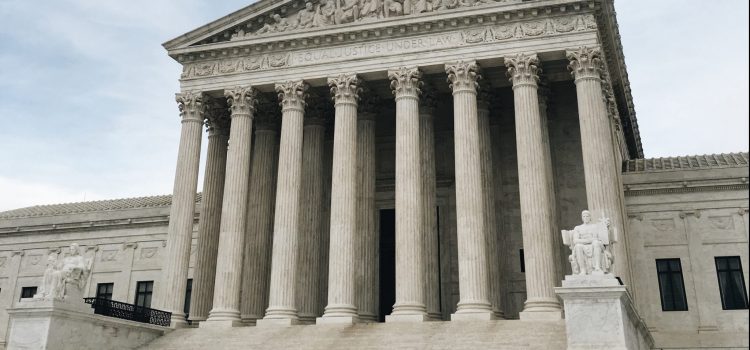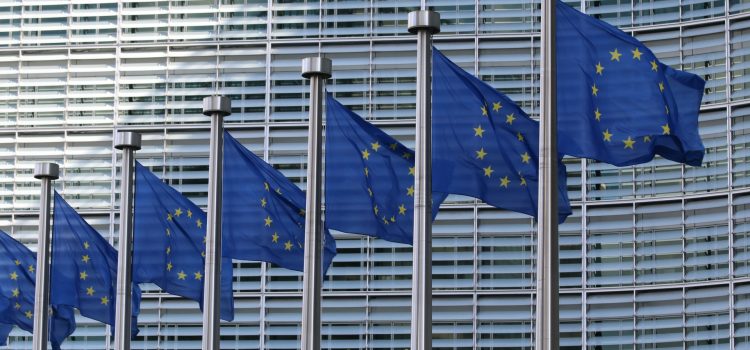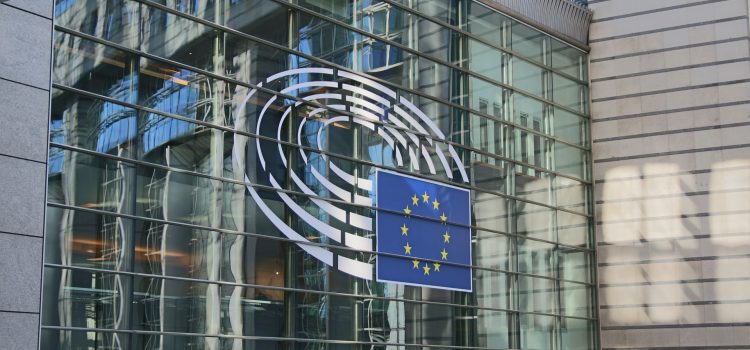The Dutch Data Protection Authority (DPA) has imposed a fine of € 750,000 on TikTok, a social media apps very popular amongst young users, for breaching young children’s privacy. The Dutch Authority noticed that the privacy policy provided by TikTok
TikTok : The Dutch DPA issues a € 750,000 fine for a breach of children’s privacy and transfers its investigation findings to the Irish DPA for further ruling



